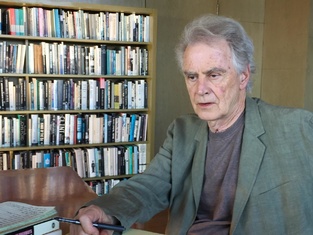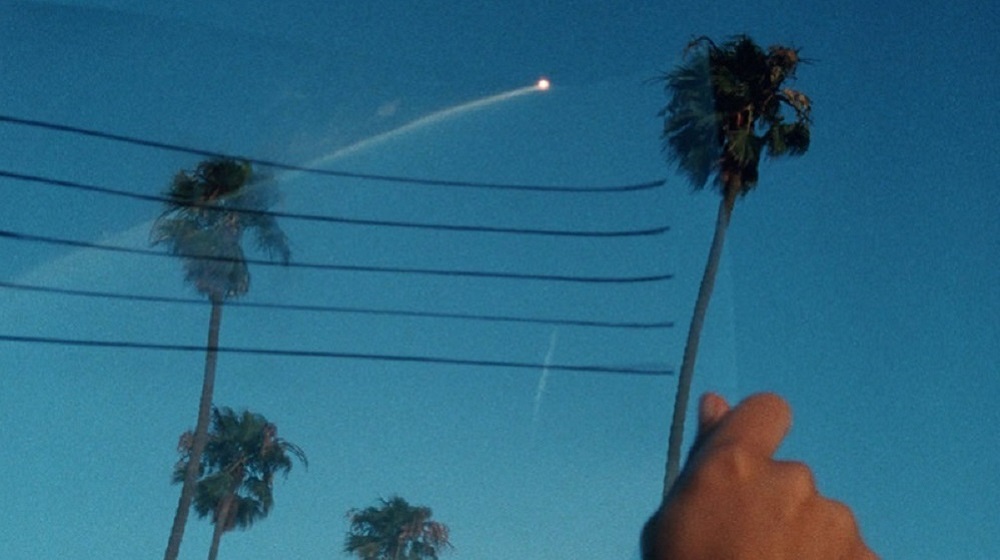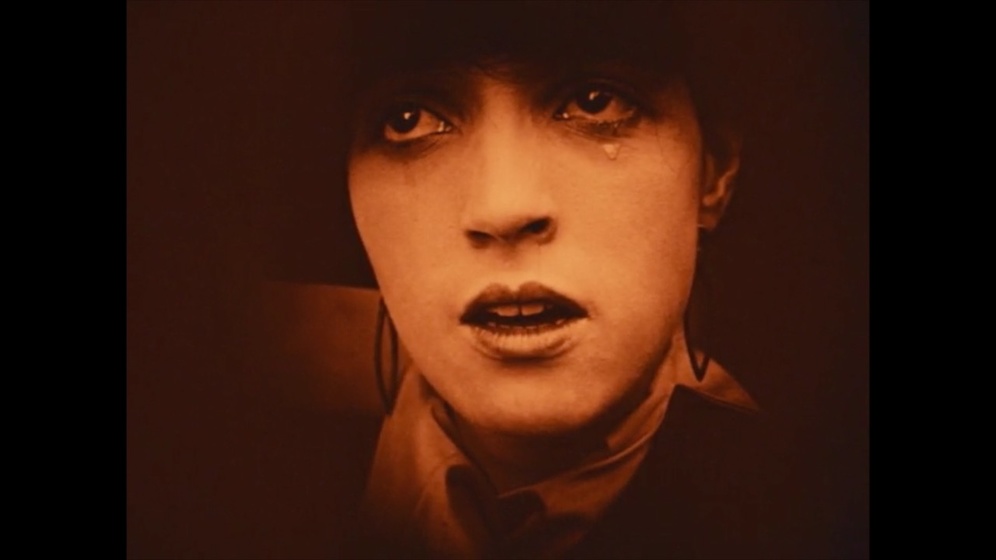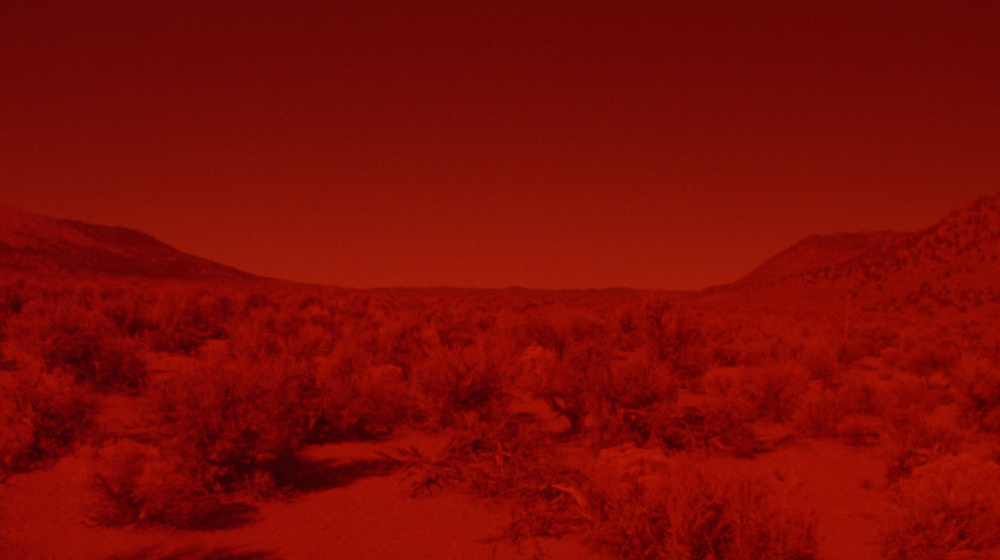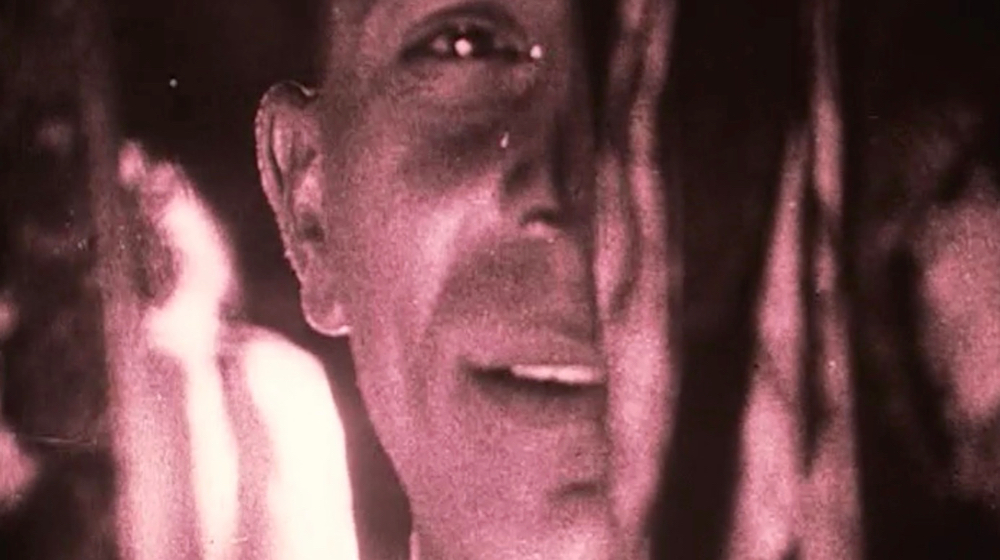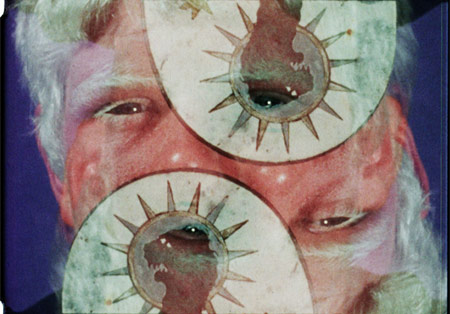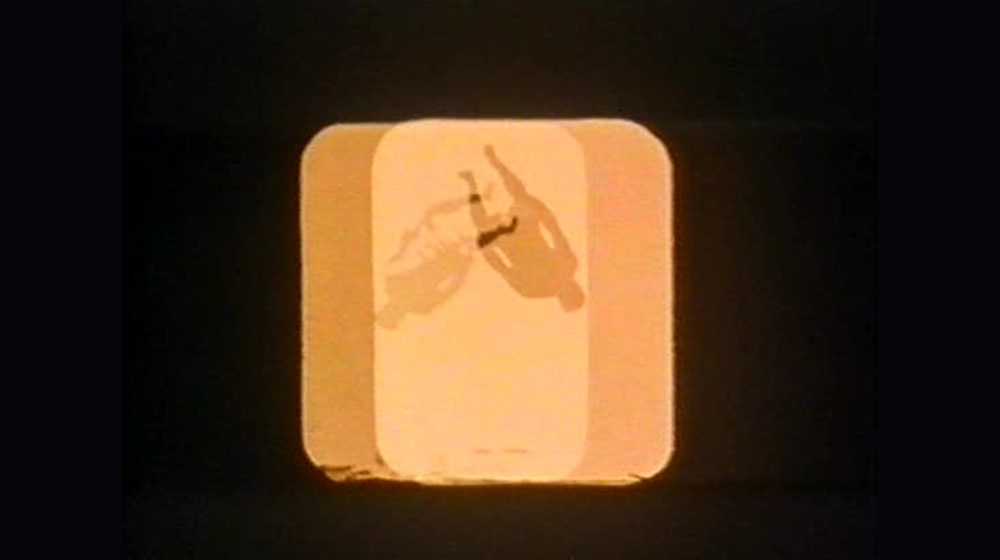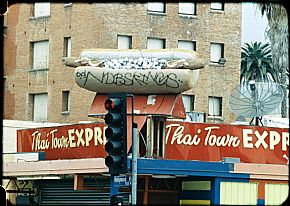A filmmaker, programmer, writer and film professor. Born in Chicago in 1943, at the age of three his family moved to southern California. He lives in Los Angeles, the city to which he has devoted several films. In the 1960s he studied cinema at the USC School of Cinematic Arts, where he made Melting (1965), and later on at UCLA, where he made his film-as-thesis Eadweard Muybridge, Zoopraxographer (1975). He started working as a teacher at the faculty of the Center for Media Studies at Buffalo University in 1976, and later on at the Ohio State University, where he met Noël Burch. They were both expelled in the mid-1980s during a left-wing purge, and in 1995 he made Red Hollywood. Since 1987 he has been a lecturer at CalArts.
His film essays explore suppressed, latent stories, and the ideological filters and amnesiac effects of Hollywood cinema on popular memory. During the course of his filmmaking career, he has focused on portrayals of the urban space, the architecture of real and imagined cities and the effects of the passing of time on the landscape. In his best-known essay, Los Angeles Plays Itself (2003), he uses material taken from research, avant-garde or exploitation films to carry out a materialist interpretation of history in which he exhaustively covers, analyses and unpicks misleading portrayals of the city of Los Angeles as they appear in Hollywood cinema. His recent films include Get Out of the Car (2010), Reconversão (2012) and The Thoughts That Once We Had (2015), in which he presents a personal history of cinema as inspired by Deleuze’s books on the subject.
Andersen also did some important work as a programmer at L.A. Filmforum during the 1990s, and with seasons such as Blacklisted – Movies by the Hollywood Blacklist (Viennale, 2000) and Los Angeles – A City in Film (Viennale, 2008). Since 1966 he has written articles for magazines such as Film Comment, Artforum, Sight & Sound and Cinema Scope. In 2017 he published his first compilation of his written essays, Slow Writing: Thom Andersen on Cinema (Visible Press).
